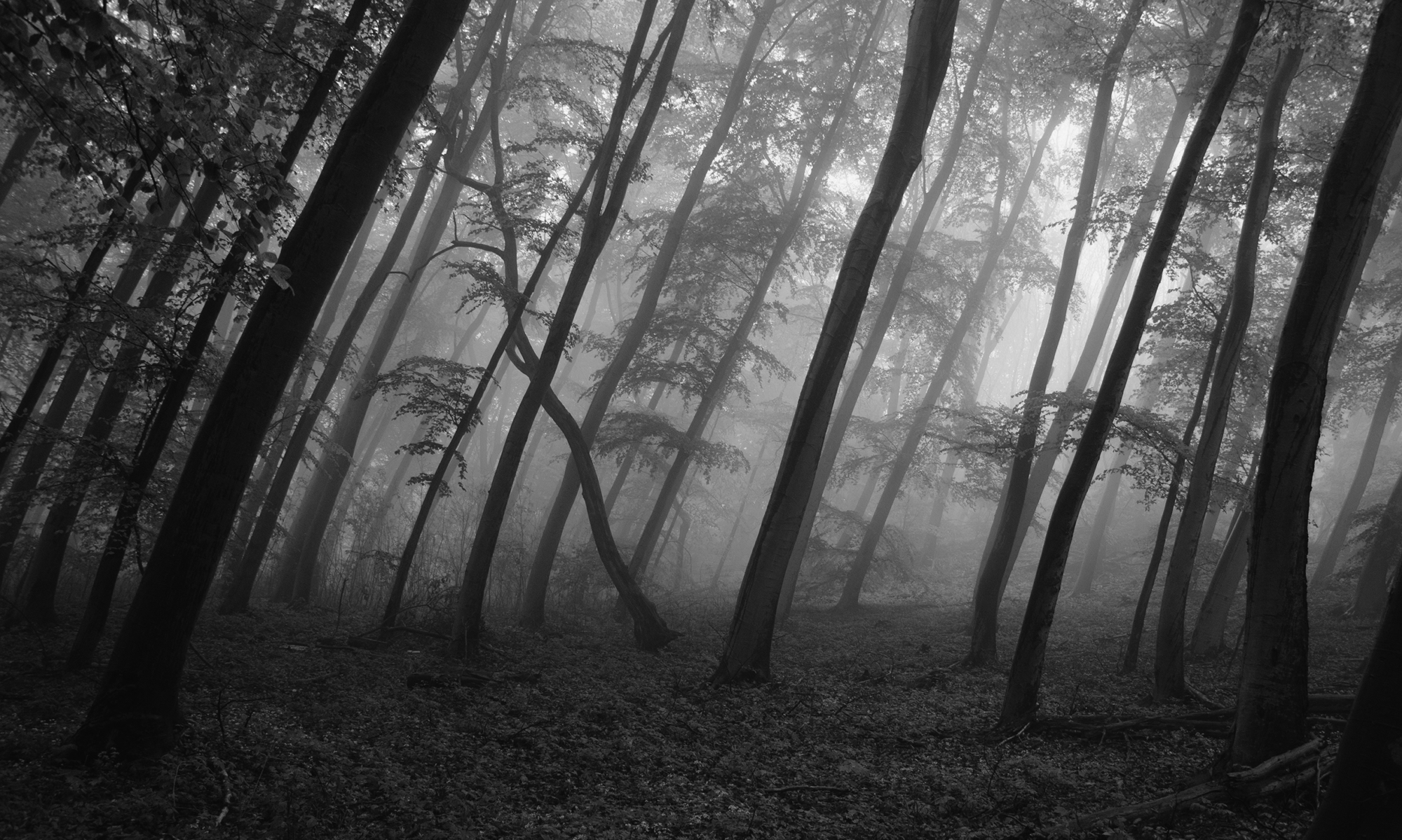We begin a month of discussion about films dealing with age, disease and generational trauma with 2021’s The Manor, which tells us that getting old is really scary and sometimes there are ancient tree demons.
Transcript:


A podcast about films of quiet horror
We begin a month of discussion about films dealing with age, disease and generational trauma with 2021’s The Manor, which tells us that getting old is really scary and sometimes there are ancient tree demons.
Transcript:
There’s something out there on the prairie. Isolation, jealousy, childbirth, psychosis, demons—or maybe it’s just the wind. We cover it all in our discussion of 2018’s The Wind from director Emma Tammi.
If you like The Wind, you might also like:
The Witch
The Other Lamb
Picnic at Hanging Rock
Transcript:
This month we’re discussing wide, open spaces and the horror lying in wait beyond civilization. So what better place to begin than with 1971’s Ozploitation classic, Wake in Fright. Topics include the facade of morality, the danger of the outcast and, um, kangaroo hunts.
Content warning! This film has very graphic scenes of violence against animals and we talk about it, in general terms, in the episode. Be aware if you haven’t seen the film yet.
Transcript:
It’s the end of the year and so it’s time for some reflection. We look back on our second season, discuss our favorite episodes and list the goals we have for the podcast next year.
This is also a great opportunity to send us feedback or suggest a future film to cover! Email us at hello@quietlittlehorrors.com.
Thank you for coming along with us! Happy New Year!
Transcript:
We’re ending 2021 and our second season with a big one: Edgar Wright’s Last Night in Soho. It’s dazzling, twisty and maybe a little thematically muddled, but talking about what works and what doesn’t is a fun ride.
This episode’s related recommendations:
Transcript:
We kick off this month’s pairing with a classic of the psychological horror genre: Repulsion, directed by Roman Polanski in 1965. Isolation, untreated trauma, the downsides of moving through the world as a woman and also why people should maybe just leave women alone already.
Transcript:
We continue our Candyman discussion with the sequel/reimagining from 2021, directed by Nia DaCosta. Spoiler alert: we’re a little mixed on this one, with one half of the podcast warmer on it than the other. We cover the threads picked up from the original film, what has happened to Cabrini-Green and Chicago in the meantime and how this film takes on themes of historical racial violence and segregation more deliberately than the first.
Transcript:
In which we forget to determine ahead of time if the “say Candyman five times” rule still applies if you say it over the course of a podcast episode. If so, we’re doomed. But, before our doom, we discuss 1992’s Candyman. Topics include the history of Chicago’s structural racism, this story as gothic horror and the awesomeness of Tony Todd.
Strongly recommended reading: Steve Bogira’s 1987 Chicago Reader article about the real-life case that might have inspired parts of Candyman‘s storyline, “They Came in Through the Bathroom Mirror.”
Transcript:
We continue our month-long cult discussion with Karyn Kusama’s 2015 The Invitation. We talk about the patterns of imprisonment, overwhelming grief and how this film’s cult deals with grief differently than the one in our earlier mini episode. Also which cult we would prefer to join, just in case we ever have to make that decision (you never know).
Transcript:
We kick off a month of cults and grief with 2019’s Midsommar and discuss emotional catharsis, the humor of dark absurdity and inventive ways of dealing with horrible boyfriends.
Transcript: